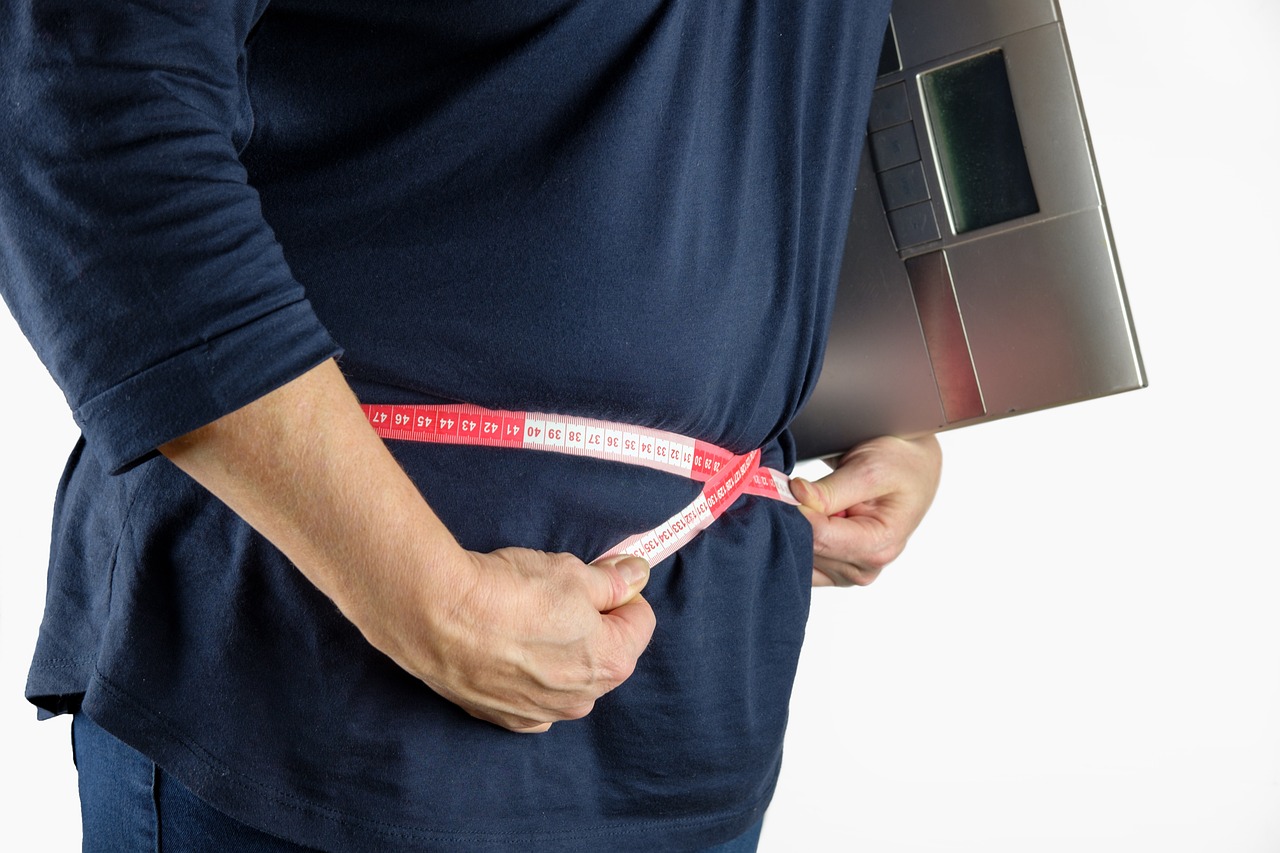How to Lose Weight with High Cholesterol: A Comprehensive Guide
Managing weight when dealing with high cholesterol is not just about shedding pounds but also improving overall cardiovascular health. High cholesterol levels can increase the risk of heart disease and stroke, making weight loss an essential component of a comprehensive health strategy. Here’s a detailed guide on how to effectively lose weight while managing high cholesterol:
1. Understand the Link Between Weight and Cholesterol
- Impact of Excess Weight: Carrying excess weight, especially around the abdomen, can contribute to higher LDL (bad) cholesterol levels and lower HDL (good) cholesterol levels. This imbalance increases the risk of plaque buildup in the arteries, leading to atherosclerosis and cardiovascular problems.
- Benefits of Weight Loss: Losing weight can help improve cholesterol levels by reducing LDL cholesterol, triglycerides, and total cholesterol while increasing HDL cholesterol. This not only lowers cardiovascular risk but also supports overall heart health.
2. Focus on Heart-Healthy Nutrition
- Choose Whole Foods: Opt for a diet rich in whole grains, fruits, vegetables, lean proteins (such as poultry, fish, legumes, and tofu), and healthy fats (like avocados, nuts, seeds, and olive oil). These foods are low in saturated and trans fats, which can raise LDL cholesterol levels.
- Limit Saturated and Trans Fats: Reduce intake of foods high in saturated fats, such as red meat, full-fat dairy products, and processed foods. Avoid trans fats found in fried foods, baked goods, and margarine, as they can raise LDL cholesterol and lower HDL cholesterol.
- Increase Fiber Intake: Fiber-rich foods like oats, beans, lentils, fruits, and vegetables help lower cholesterol levels by binding to cholesterol in the digestive tract and aiding its elimination from the body.
3. Practice Portion Control and Mindful Eating
- Monitor Portions: Be mindful of portion sizes to avoid overeating, which can contribute to weight gain and worsen cholesterol levels. Use smaller plates and avoid second helpings to control calorie intake.
- Slow Down and Enjoy Meals: Eating slowly and mindfully allows you to recognize feelings of fullness and prevents overeating. Chew food thoroughly and savor the flavors to enhance satisfaction from meals.
4. Regular Physical Activity
- Cardiovascular Exercise: Engage in aerobic activities such as brisk walking, jogging, cycling, swimming, or dancing for at least 150 minutes per week (about 30 minutes per day on most days). Cardio exercises help burn calories, improve circulation, and lower LDL cholesterol levels.
- Strength Training: Incorporate resistance exercises using weights, resistance bands, or bodyweight exercises to build muscle mass. Muscle tissue burns more calories than fat tissue, contributing to weight loss and improved cholesterol management.
5. Lifestyle Modifications
- Quit Smoking: Smoking damages blood vessels and contributes to high cholesterol and cardiovascular disease. Quitting smoking improves cholesterol levels and overall heart health.
- Limit Alcohol Consumption: Excessive alcohol intake can raise triglyceride levels and contribute to weight gain. Limit alcohol consumption to moderate levels (1 drink per day for women, 2 drinks per day for men).
6. Monitor Progress and Seek Support
- Regular Check-Ups: Schedule regular visits with your healthcare provider to monitor cholesterol levels, weight, and overall health. Adjust your treatment plan based on progress and medical recommendations.
- Support Network: Seek support from friends, family, or a healthcare professional. They can provide encouragement, accountability, and guidance throughout your weight loss journey.
7. Set Realistic Goals and Celebrate Milestones
- SMART Goals: Establish Specific, Measurable, Achievable, Relevant, and Time-bound goals for weight loss and cholesterol management. Celebrate milestones to stay motivated and committed to long-term success.
Conclusion
Losing weight while managing high cholesterol requires a holistic approach that includes heart-healthy nutrition, regular physical activity, lifestyle modifications, and ongoing monitoring of cholesterol levels. By adopting a balanced diet, engaging in regular exercise, and making sustainable lifestyle changes, you can effectively reduce cholesterol levels, improve cardiovascular health, and achieve weight loss goals. Remember that individualized care and professional guidance are essential for developing a personalized plan that meets your specific health needs and supports your journey towards better health.
